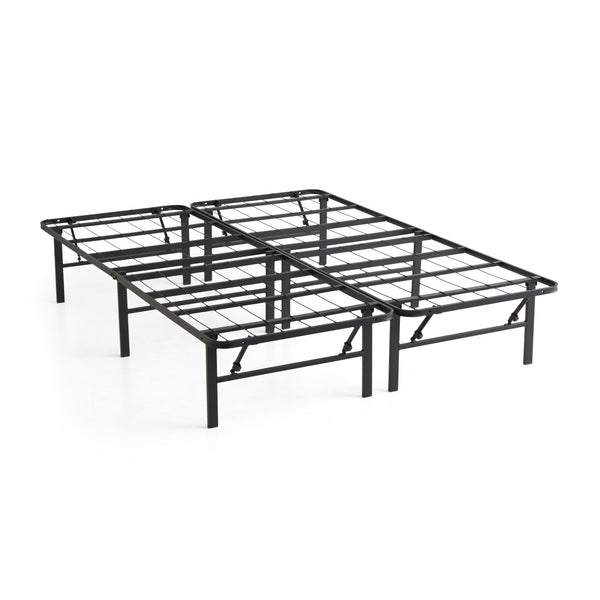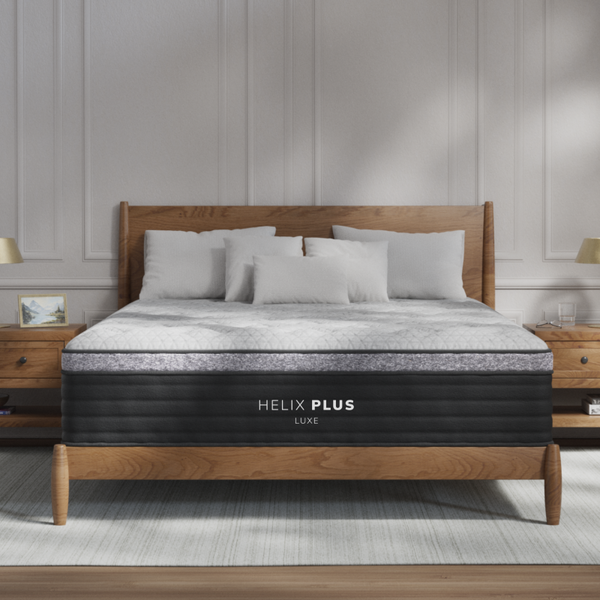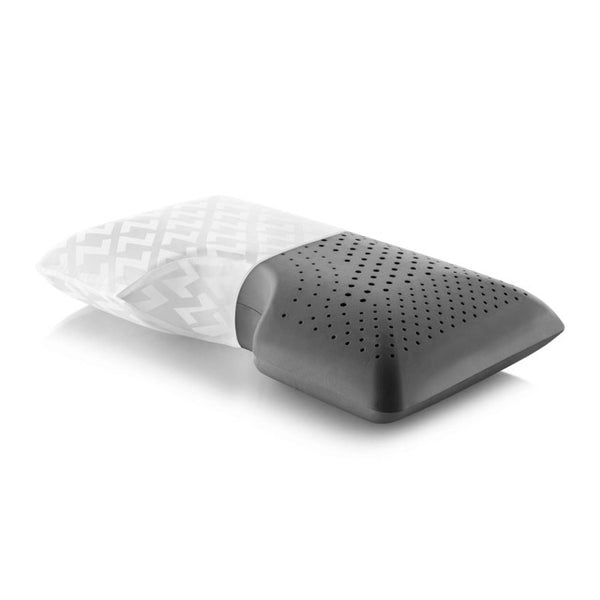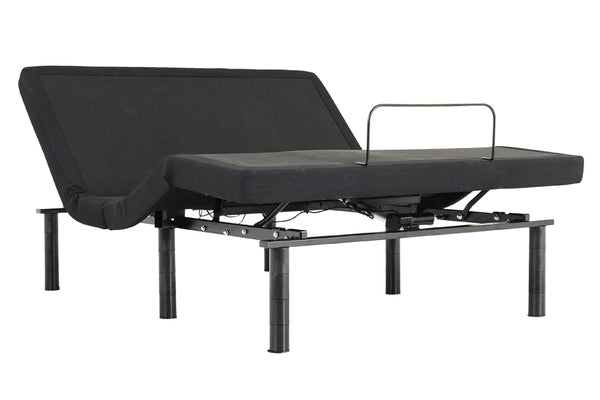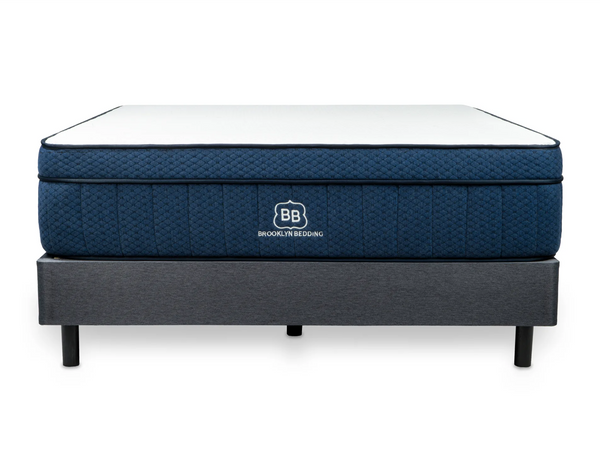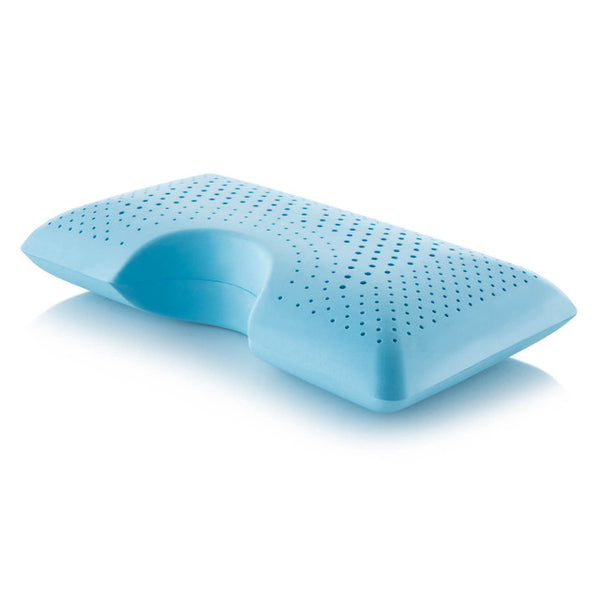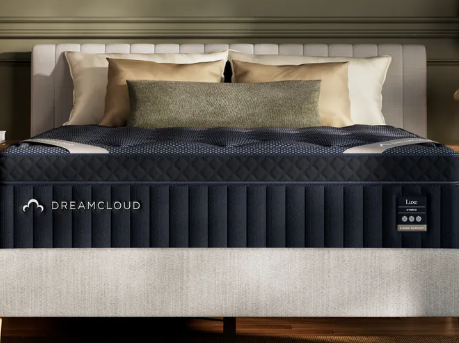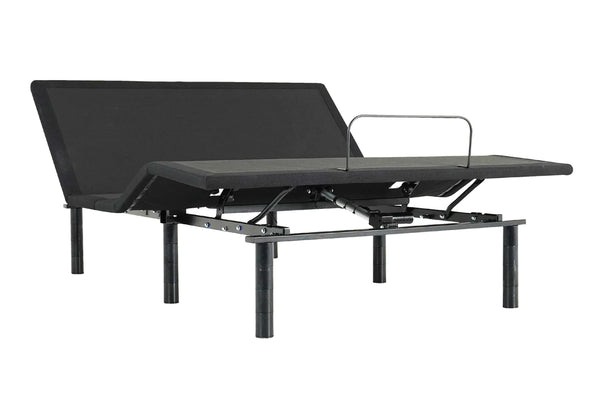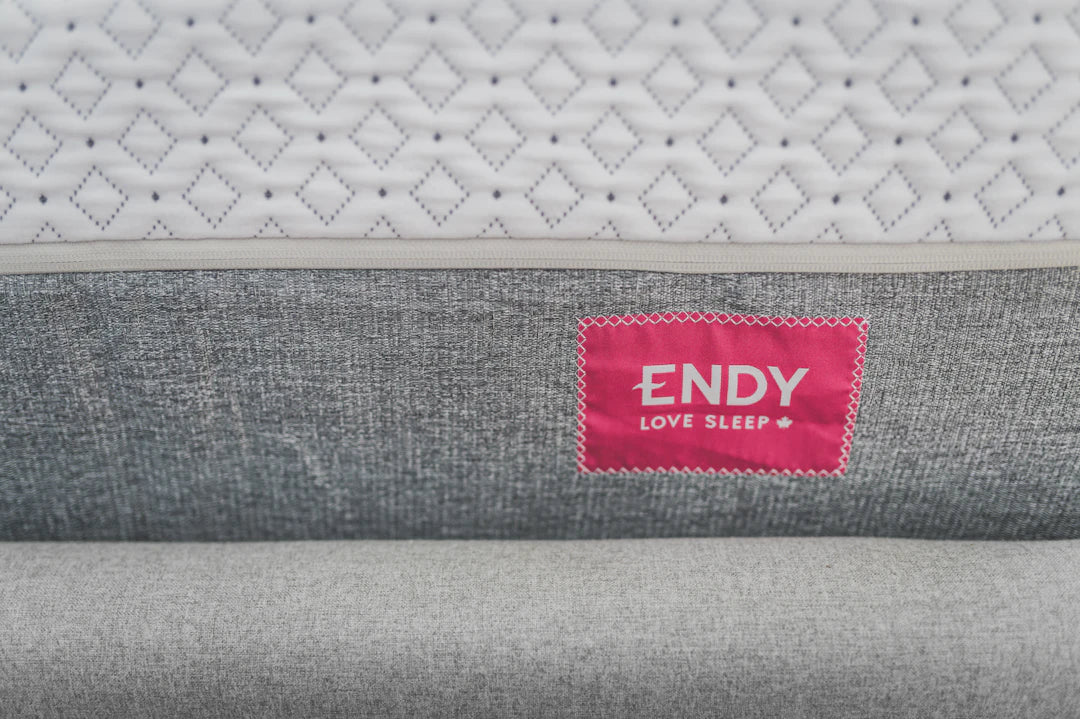
Frequently Asked Questions
1. Why are mattress safety standards important?
2. What certifications should I look for when buying a mattress?
3. How do fire safety standards affect mattress selection?
4. What factors contribute to a mattress's durability?
5. How can I ensure I'm buying from a reputable mattress manufacturer?
Buying a mattress is not just about comfort—it's also about safety. With so many options available in the market, understanding mattress safety standards can help you make informed decisions. Whether you're purchasing your first mattress or replacing an old one, knowledge of safety standards is crucial for ensuring your family’s health and well-being. This comprehensive guide will cover everything you need to know about mattress safety standards and what to watch out for when making your purchase.
Why Mattress Safety Standards Matter
Mattresses are crucial to our everyday lives, affecting our sleep quality and overall health. Manufacturers are bound by specific safety standards that ensure mattresses are made from materials designed to be safe for consumers. These regulations not only address the products' construction but also their impact on health and the environment. Here are a few reasons why you should care about these standards:
- Health Risks: Low-quality materials can release harmful chemicals.
- Fire Safety: Certain regulations exist to prevent fire hazards.
- Durability: Quality standards ensure your investment lasts.
Main Mattress Safety Standards to Look For
When shopping for a mattress, listed below are the main safety standards you should consider. Familiarizing yourself with these can help you identify a safe and healthy mattress for your home.
CertiPUR-US® Certification
CertiPUR-US® is a certification program for flexible polyurethane foam used in mattresses. This standard focuses on the absence of harmful chemicals, such as heavy metals and formaldehyde, in the foam. Here are the key criteria:
- No ozone depleters
- No harmful flame retardants
- No toxic heavy metals
When you see the CertiPUR-US® certification, you can rest assured that the mattress meets stringent safety standards.
OEKO-TEX® Standard 100
The OEKO-TEX® Standard 100 certification ensures that textiles used in the production of a mattress are free from harmful substances. This includes testing for chemicals that could pose a risk to human health, such as:
- Fertility and reproductive toxins
- Carcinogenic substances
- Allergens
This certification is especially important for parents and individuals with sensitivities, as it guarantees a safer sleeping environment.
Organics Certifications
If you prefer organic materials, look for certifications like the Global Organic Textile Standard (GOTS) or the USDA Organic label. These certifications strictly control the use of chemicals in the production process, and ensure that the materials used are grown organically. Buying organic products can significantly reduce your exposure to pesticides and other potentially harmful chemicals.
Fire Safety Standards: Understanding the Regulations
Fire safety is a significant concern with mattresses. Regulations, such as the U.S. Consumer Product Safety Commission (CPSC) guidelines, require mattresses to meet specific flame resistance levels. Here's what you need to know:
- Fire Retardants: Many mattresses contain fire-retardant chemicals to meet safety guidelines. It’s essential to research and choose a mattress that uses safer alternatives.
- Natural Fire Barriers: Some manufacturers use natural materials like wool or cotton as fire barriers instead of harmful chemicals.
Durability and Lifespan
Consumers should look beyond safety certifications and understand how durability plays a role in mattress safety. A mattress that decomposes or breaks down over time can release harmful chemicals into your bedroom environment. When evaluating durability, consider:
- High-quality materials like latex or high-density foam, which stand the test of time.
- Warranty offerings, which can generally provide insights into the expected lifespan of the mattress.
Environmental Considerations
More shoppers today are considering the environmental impact of their purchasing choices. Look for sustainability certifications when choosing a mattress, such as:
- FSC (Forest Stewardship Council) certification, which ensures that the wood used is sourced sustainably.
- Greenguard Certification, which signifies that the mattress contributes to healthier indoor air quality by being low-emission.
These certifications ensure that your sleeping arrangements are not only safe for you but also for the planet.
Buying from Reputable Manufacturers
Regardless of certifications, buying a mattress from a reputable manufacturer is equally important. Here are a few tips on how to identify trustworthy brands:
- Check for customer reviews about their products' safety and overall quality.
- Research the company's history and their commitment to safety and quality.
- Contact customer service with any questions; their responsiveness can reflect the company's ethics.
Understanding Your Needs and Preferences
A mattress purchase is not solely about safety standards; your personal needs and preferences also play critical roles. Factors such as sleeping position, body weight, and any existing health conditions should guide your decision.
- If you sleep on your side, look for a softer mattress that can alleviate pressure points.
- Stomach sleepers often benefit from firmer options to maintain spinal alignment.
- Consider your partner's preferences to find a mattress that accommodates both of your needs.
Layering Safety Features
Modern mattresses often come with multiple comfort layers, including memory foam, latex, innerspring coils, and more. When selecting a mattress, it’s important to consider how these layers contribute to safety and comfort:
- Memory foam can provide pressure relief and is often treated to meet fire safety regulations.
- Latex is generally more resilient and resistant to mold and dust mites, which is ideal for allergy sufferers.
- Innerspring coils offer breathability, helping to prevent overheating during sleep.
Testing Mattress Safety Standards
Always ask retailers for details about specific safety standards and materials used in their mattresses. Many manufacturers also conduct independent testing to ensure they meet these standards, so don’t hesitate to request this information. Reading product labels thoroughly can also guide your purchasing decision.
Infusing Safety with Style
While safety should be your primary concern, aesthetics shouldn't be overlooked. Today's mattresses are available in various designs and color options, allowing you to choose a product that fits seamlessly into your bedroom decor. Just ensure that the options you are considering also meet strict safety standards.
Your Sleep Sanctuary Awaits
The mattress-buying process can feel overwhelming, but arming yourself with knowledge about mattress safety standards goes a long way. By prioritizing safety certifications, reputable manufacturers, and considering personal preferences, you can choose the ideal mattress for your needs. Investing in a safer mattress not only enhances your sleep quality but ensures a healthier environment for you and your family.
When browsing our selection, keep these tips in mind, and you'll be on your way to creating your dream sleep sanctuary. Here’s to restful nights and refreshing mornings!

